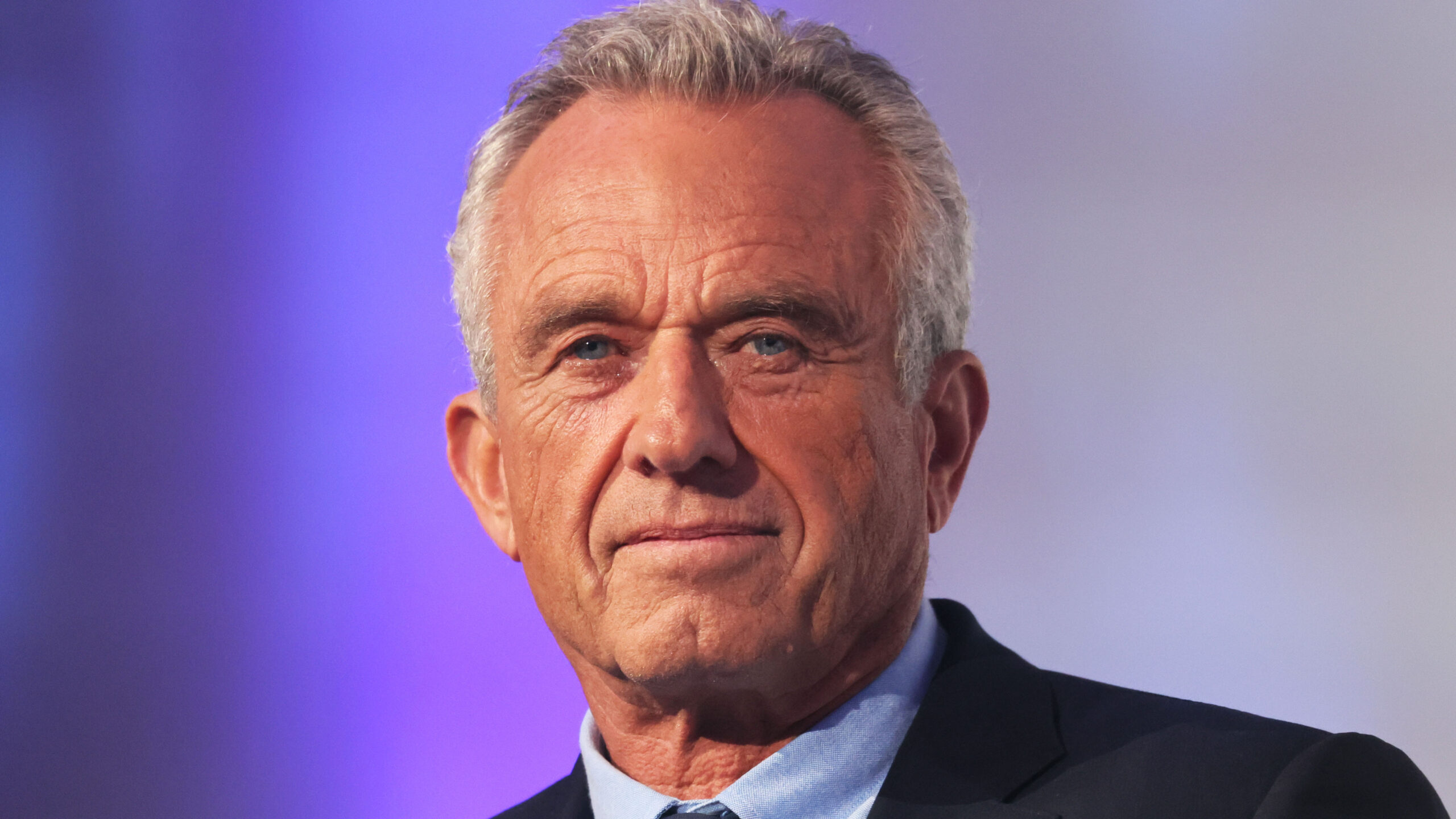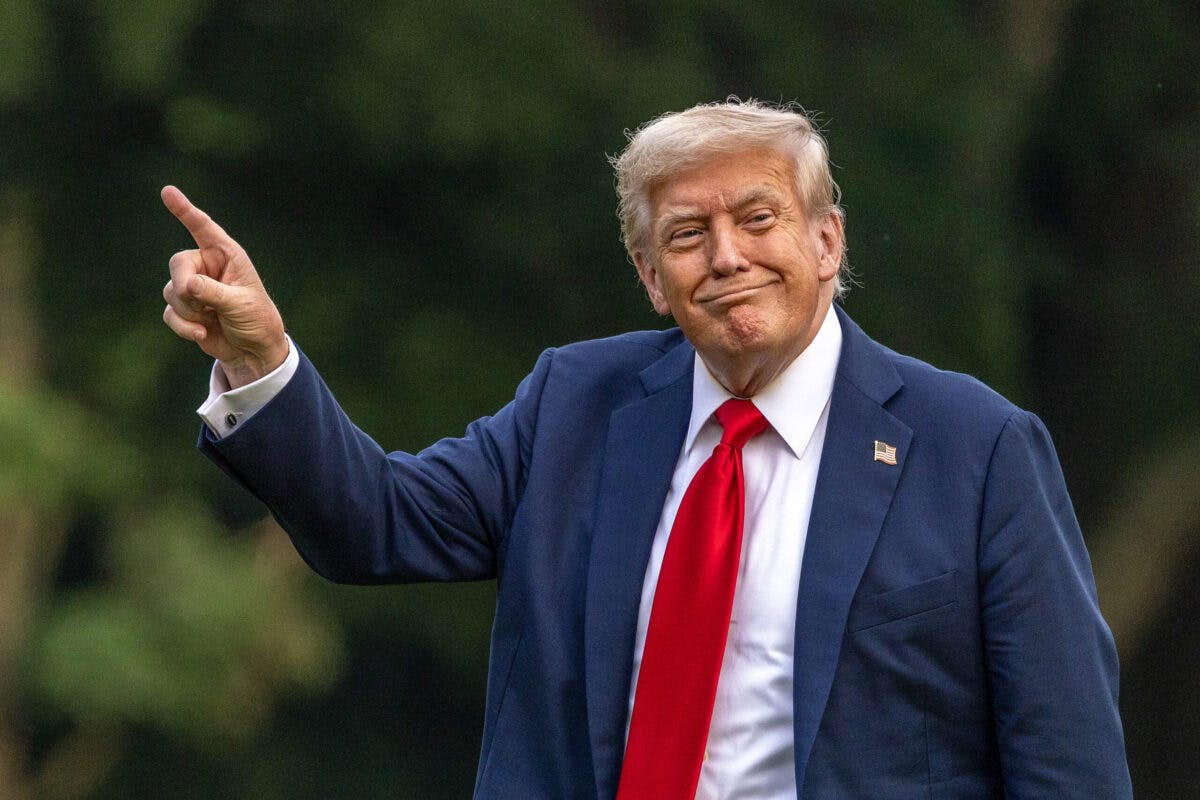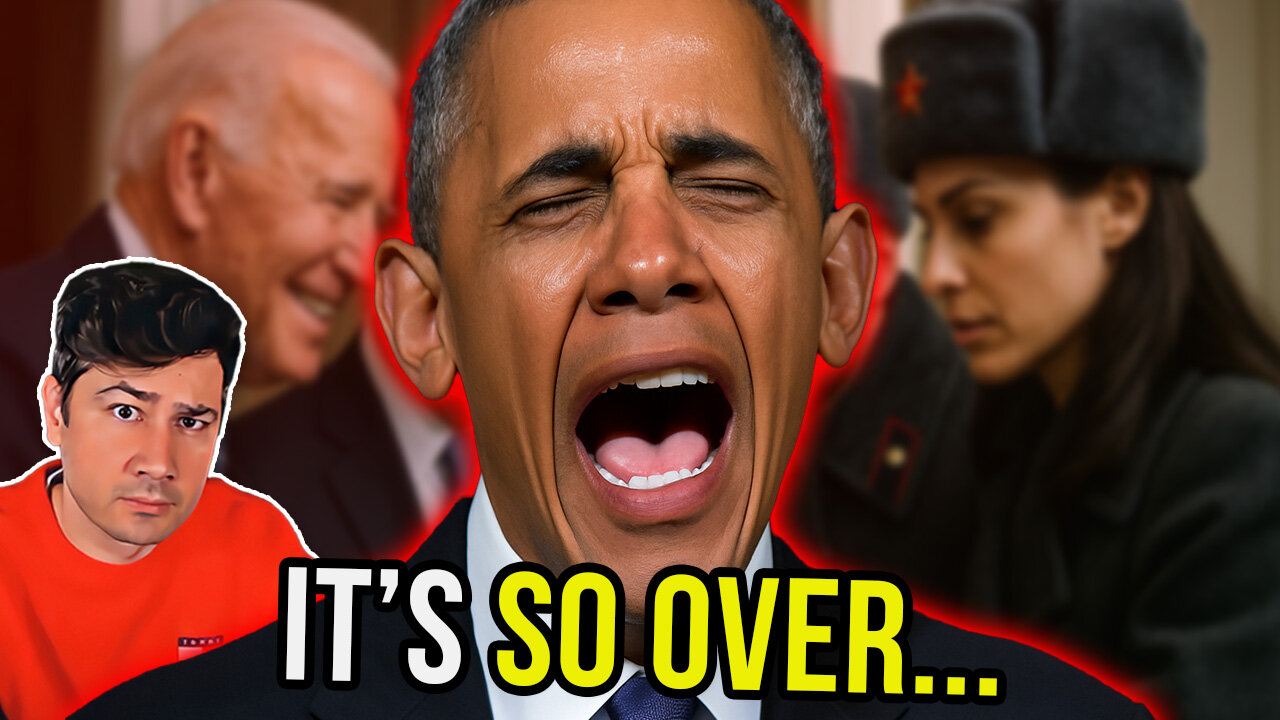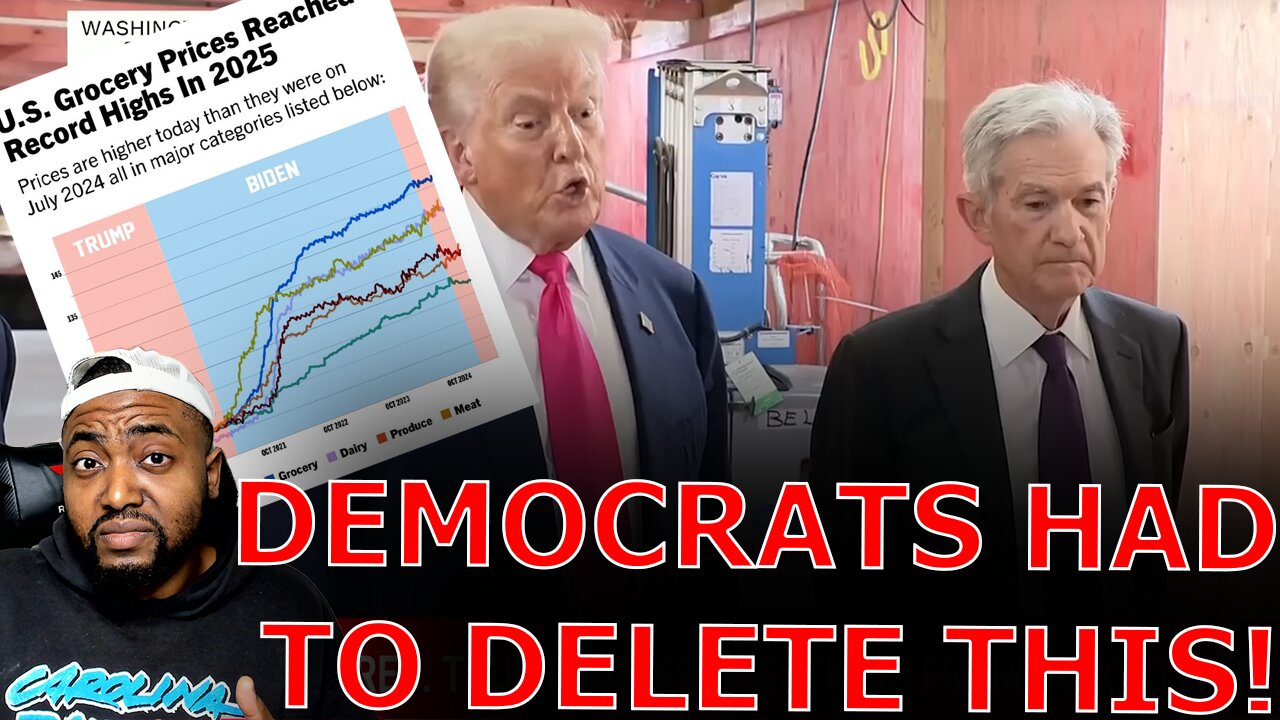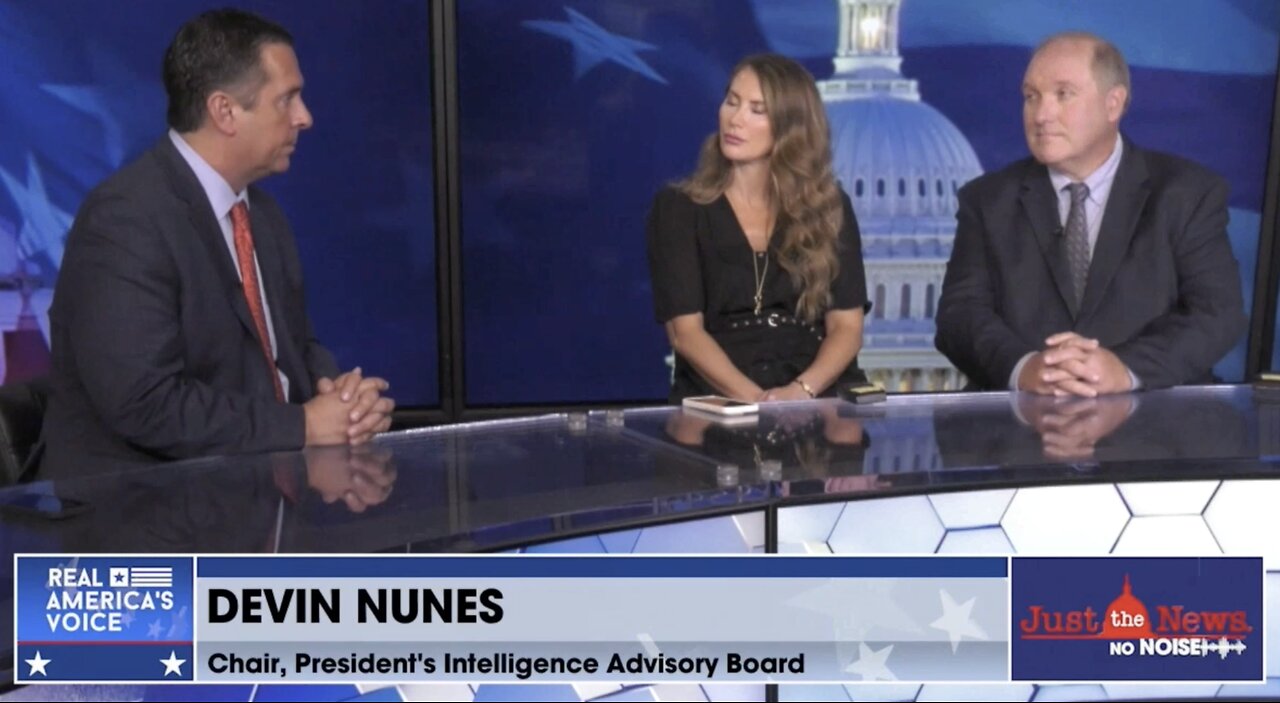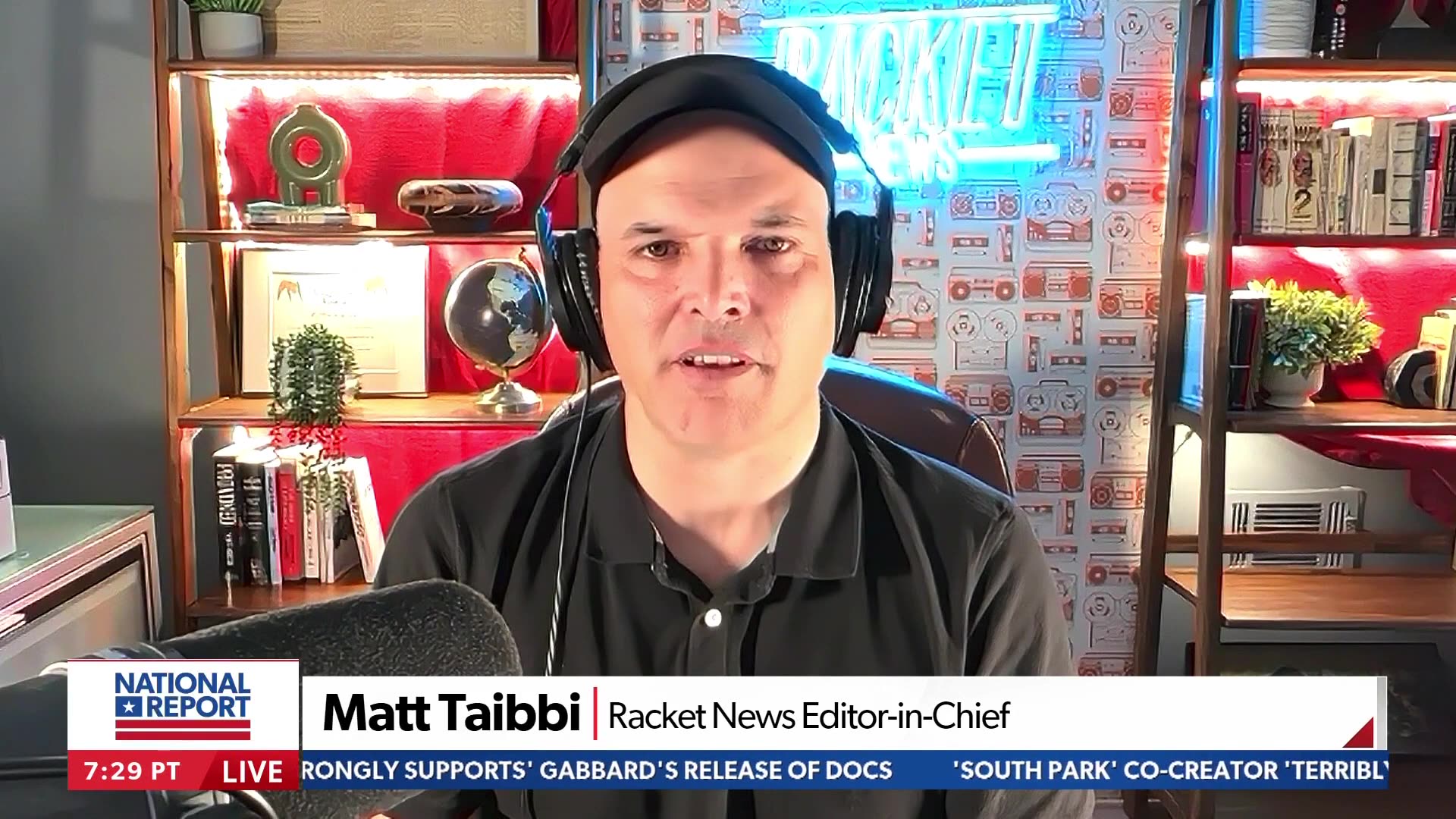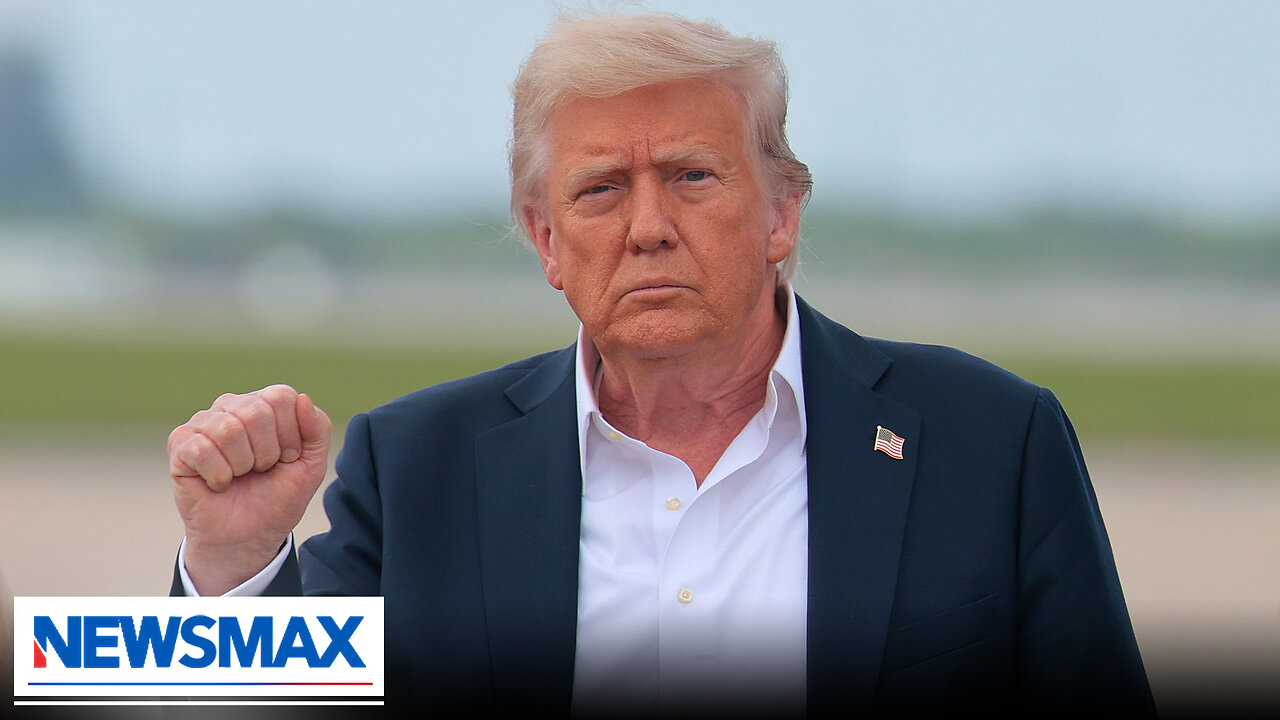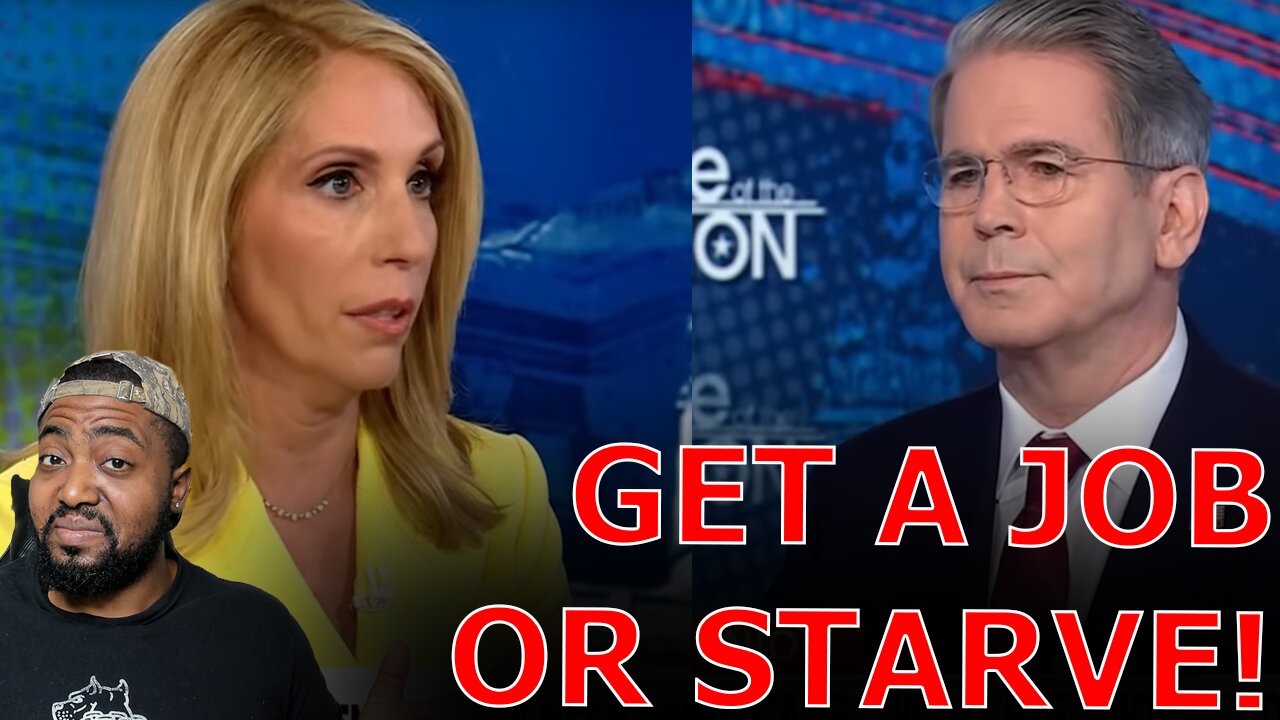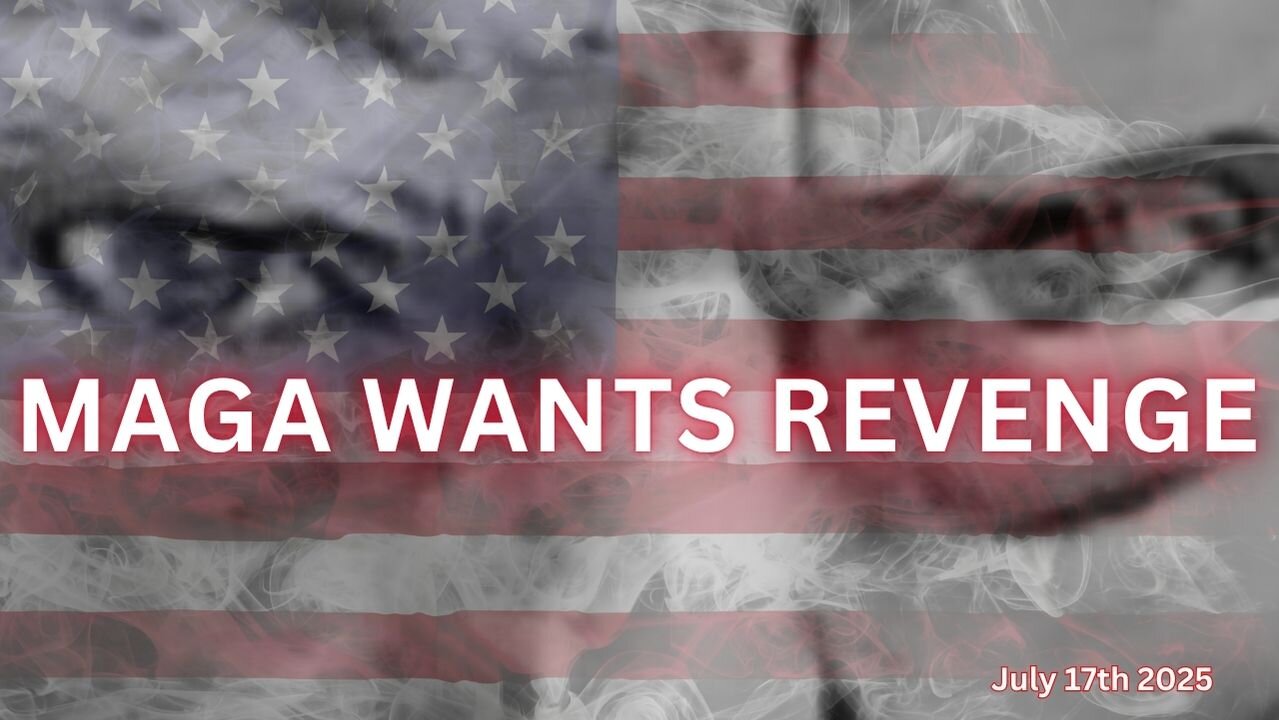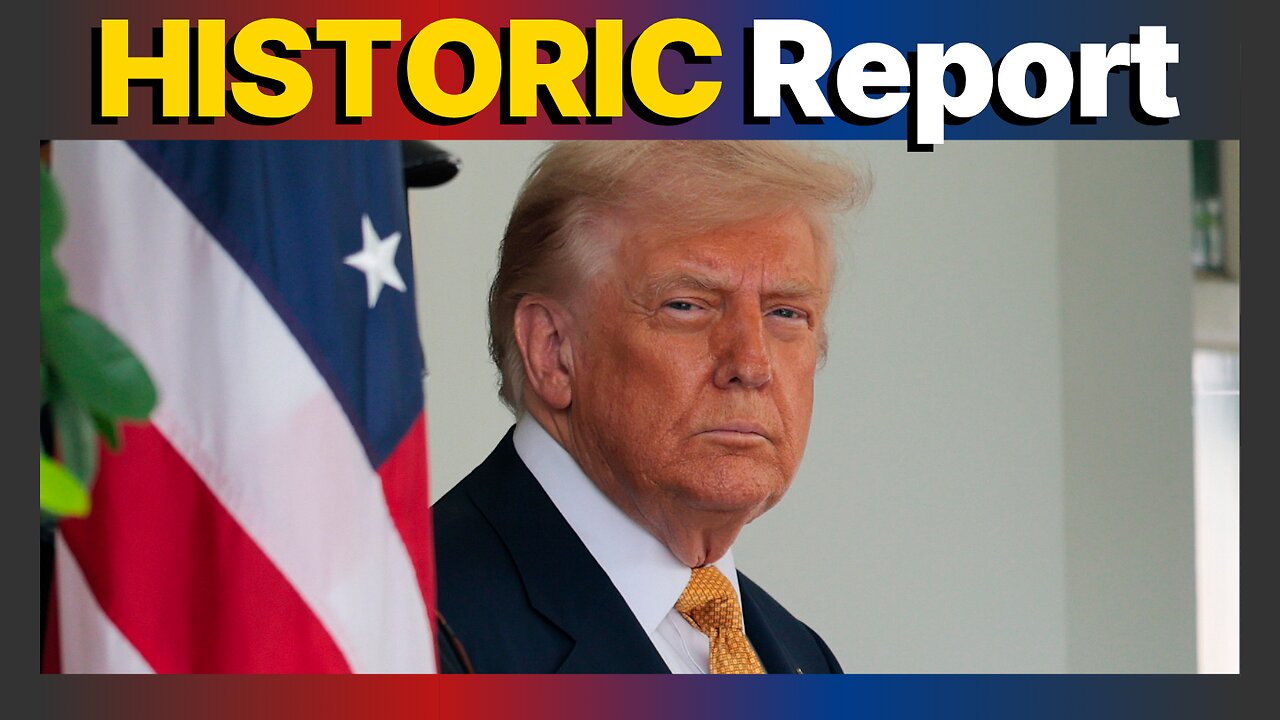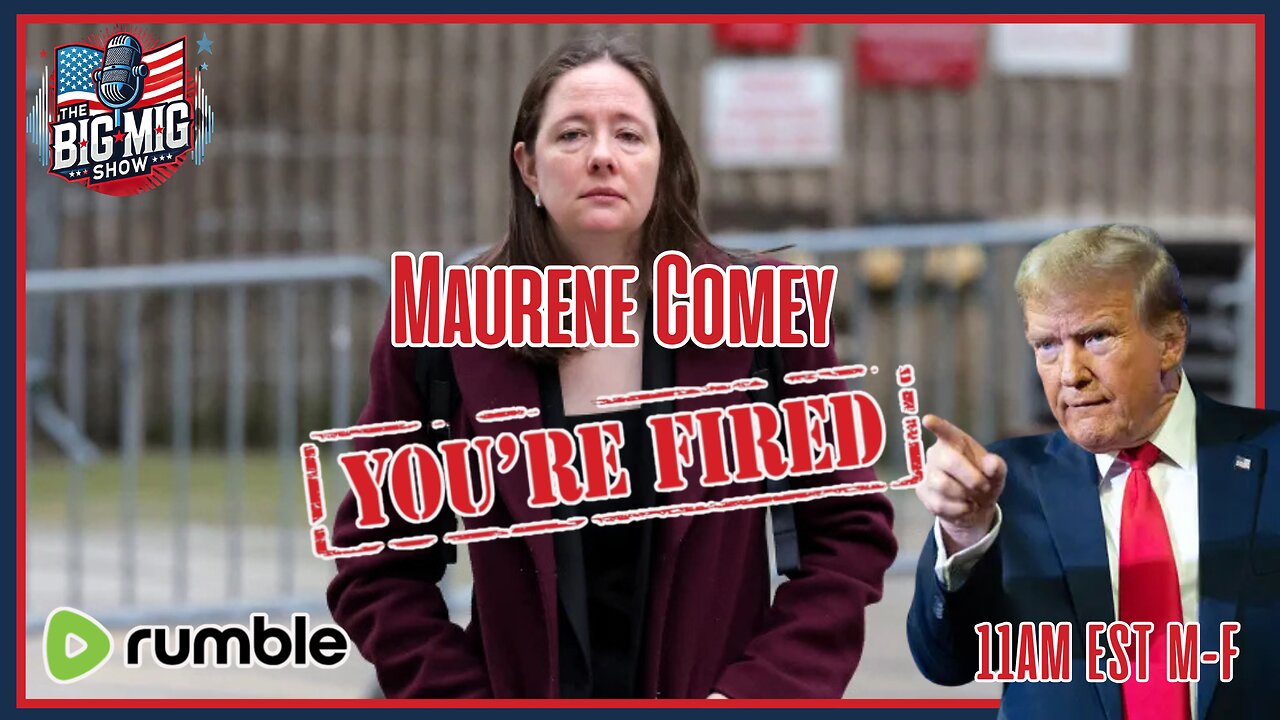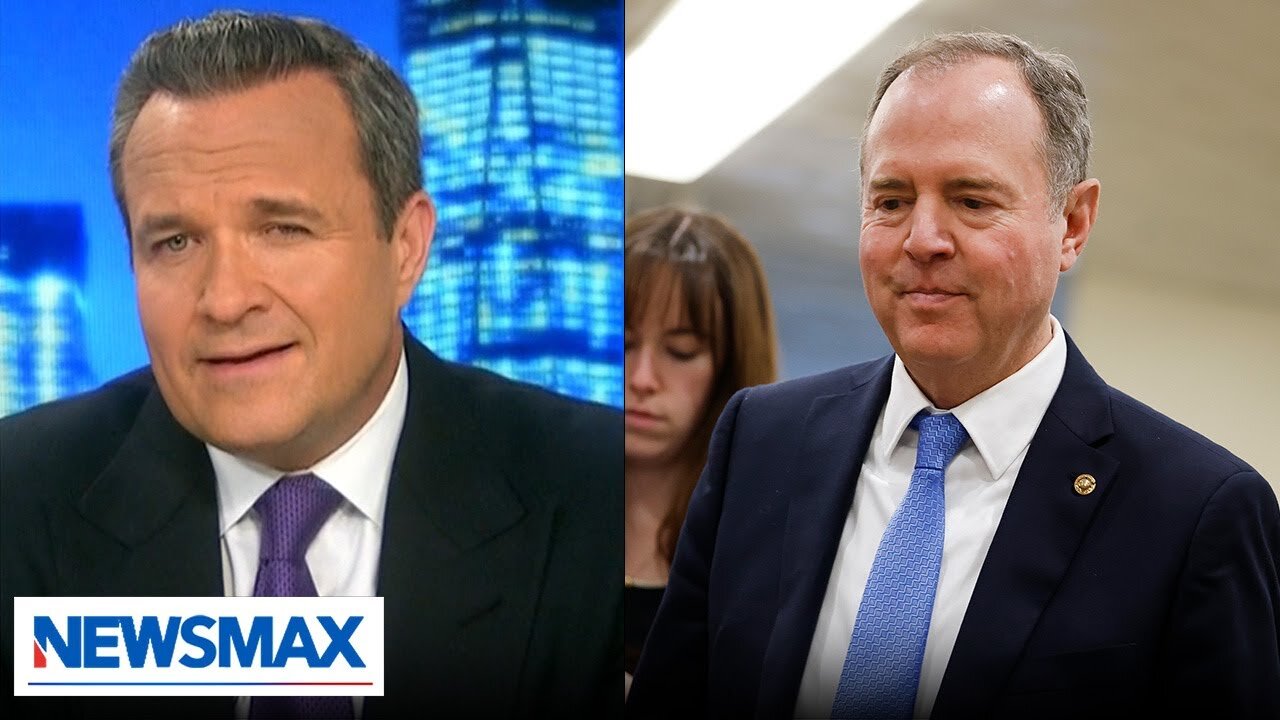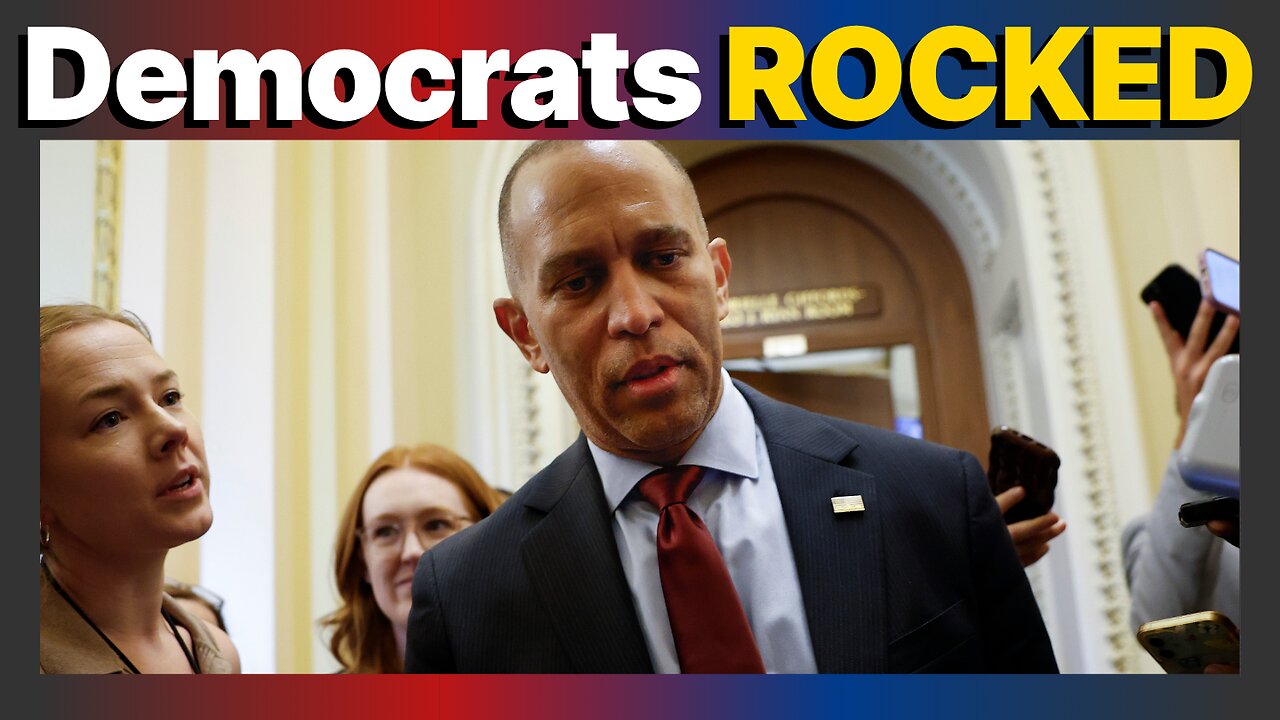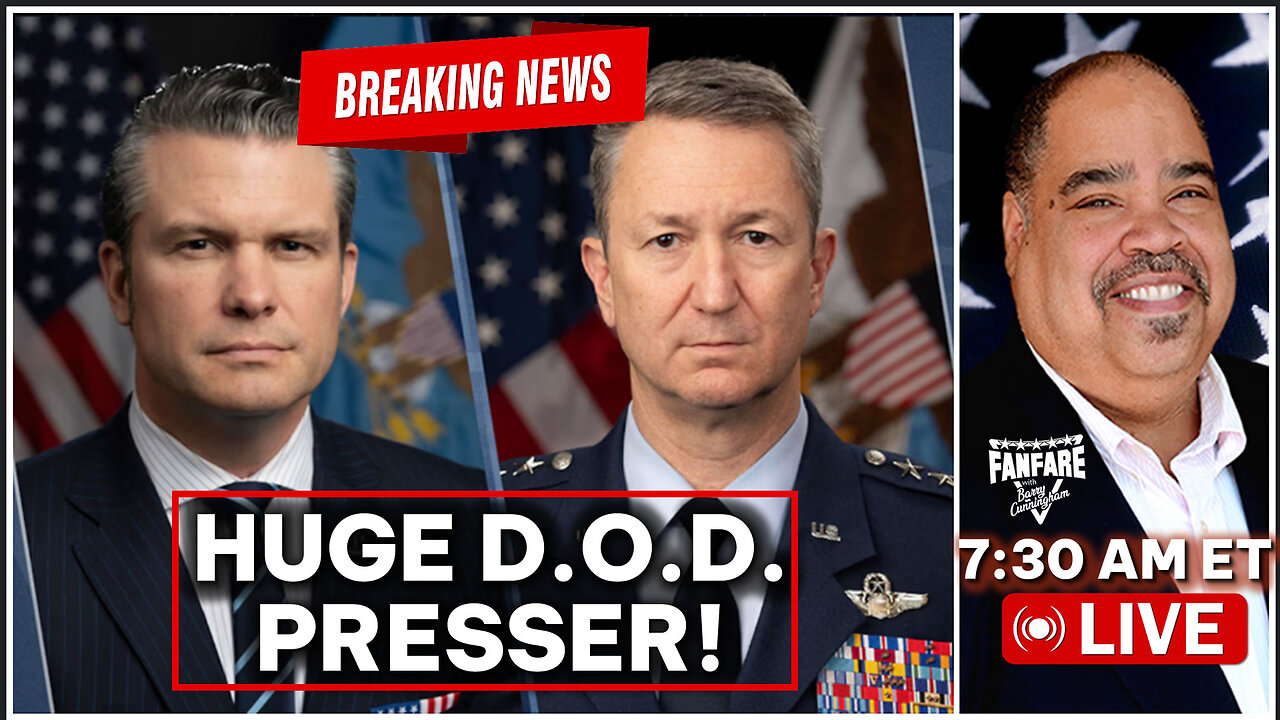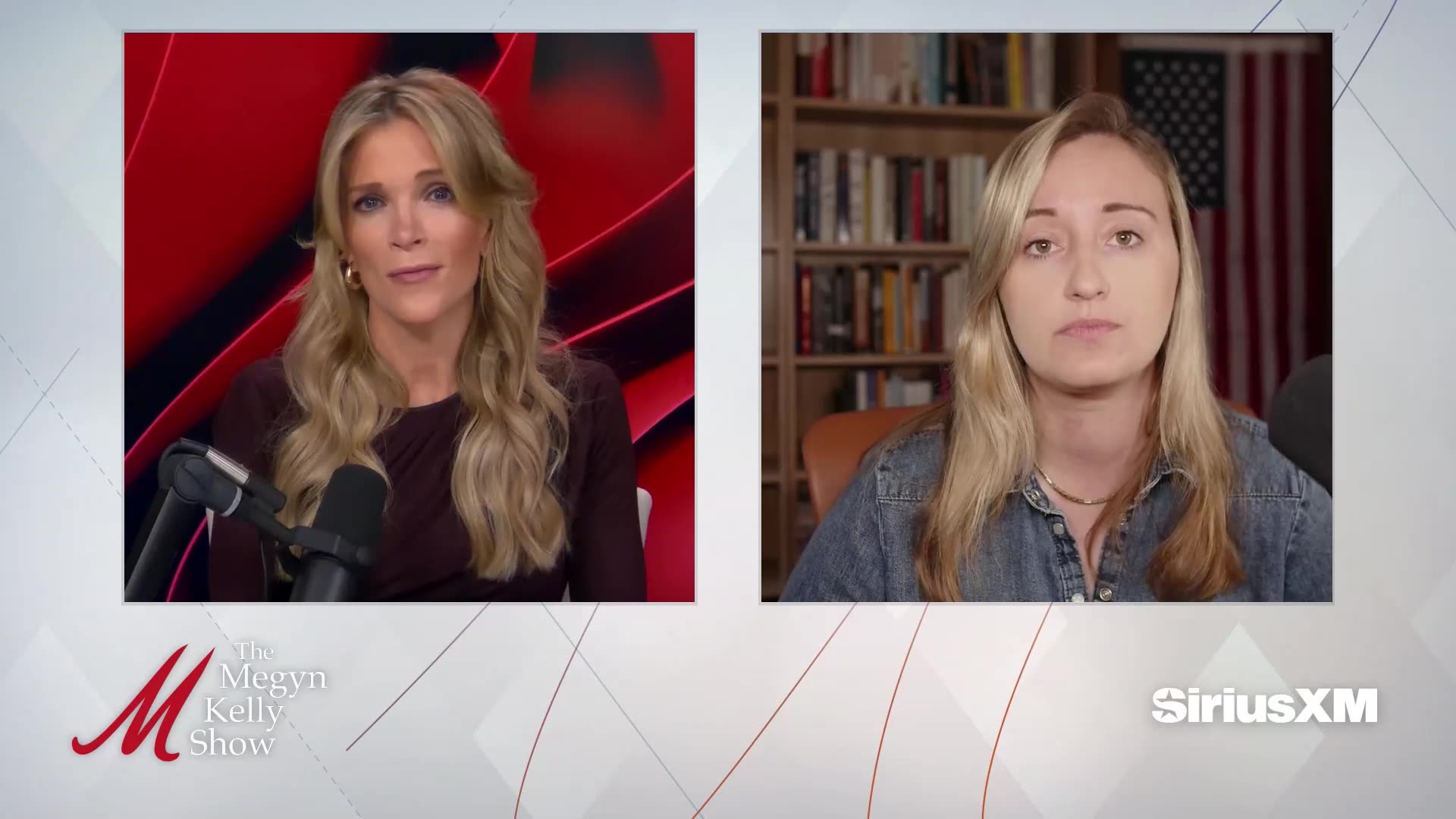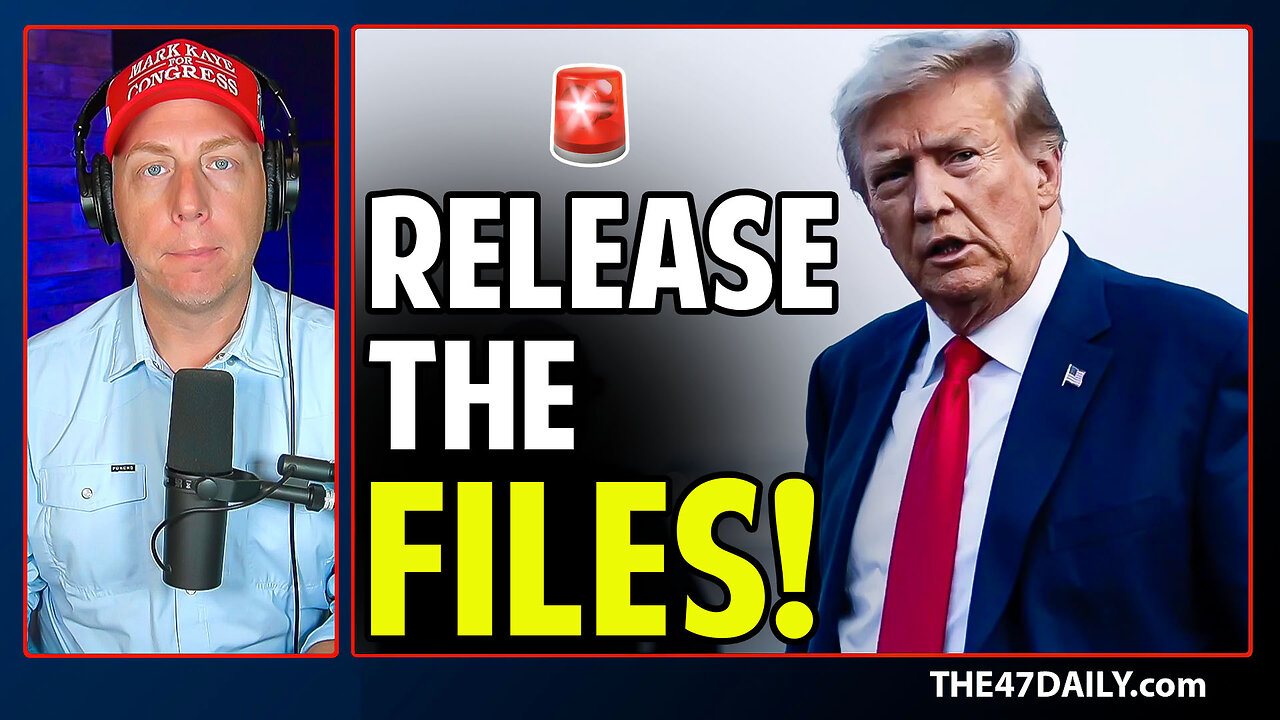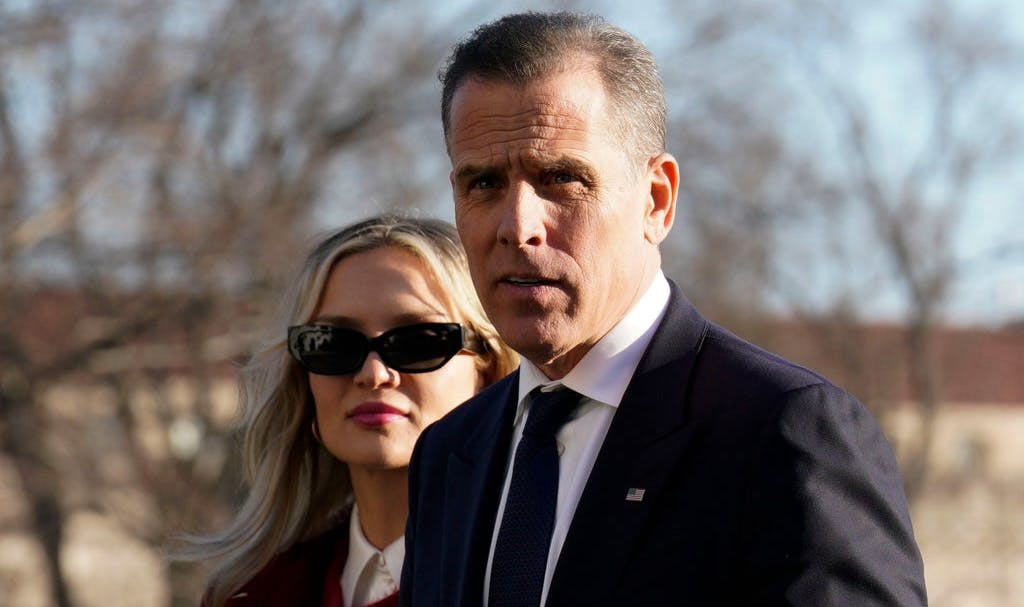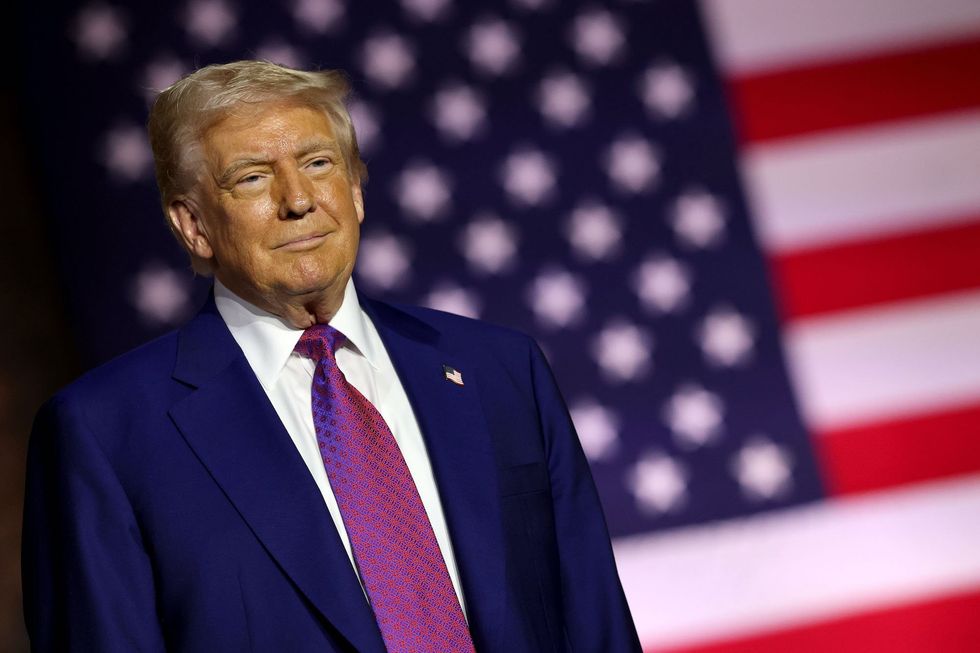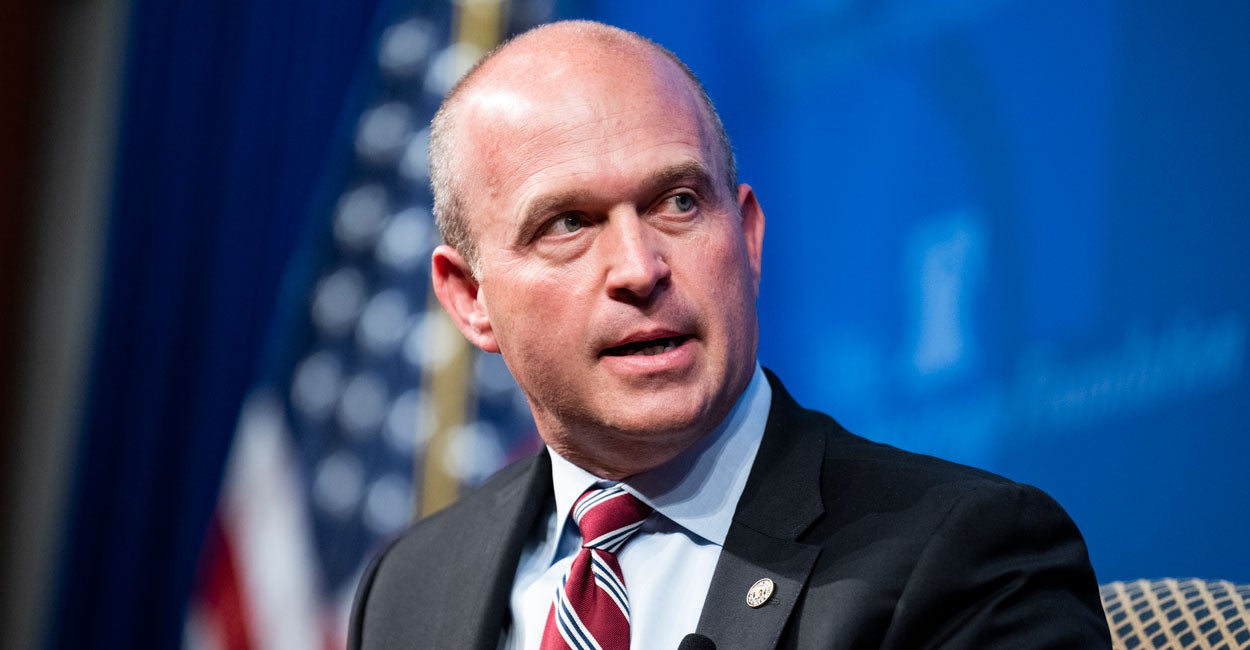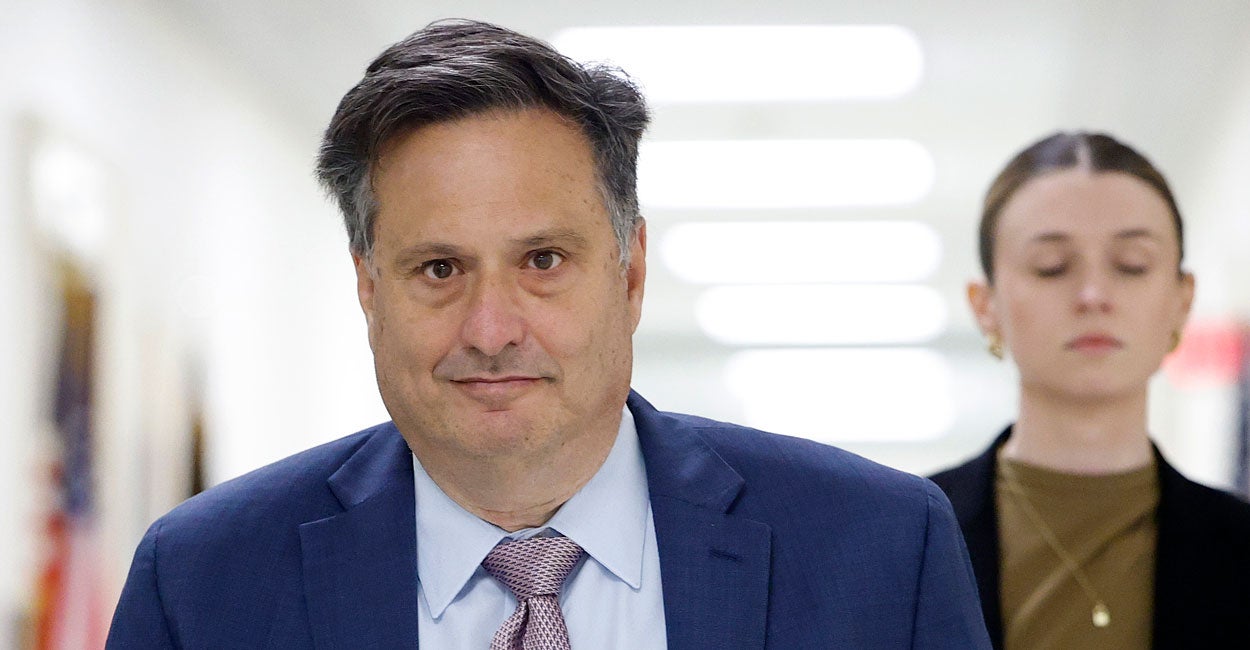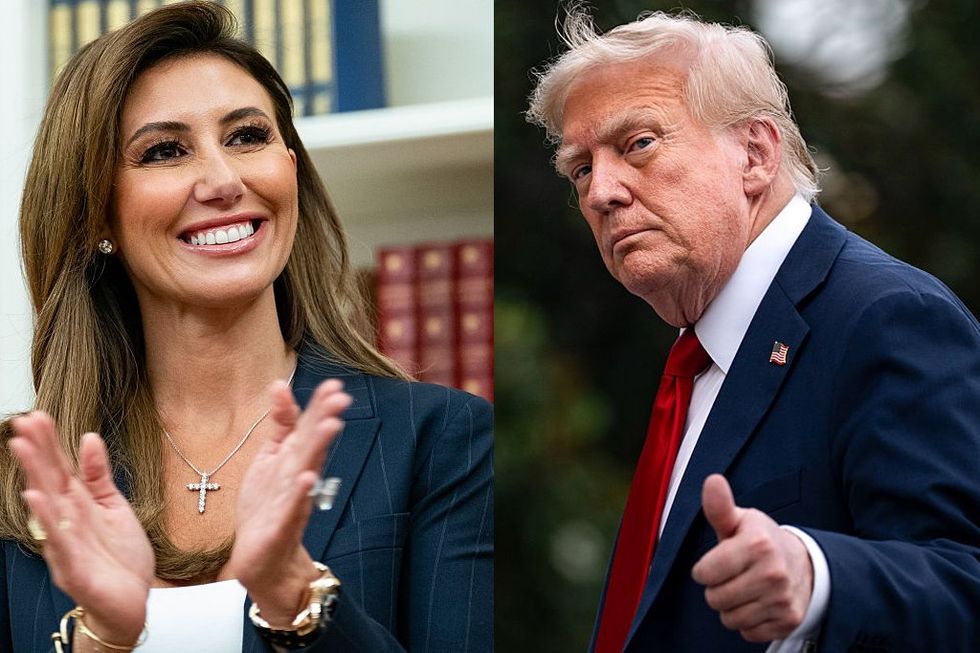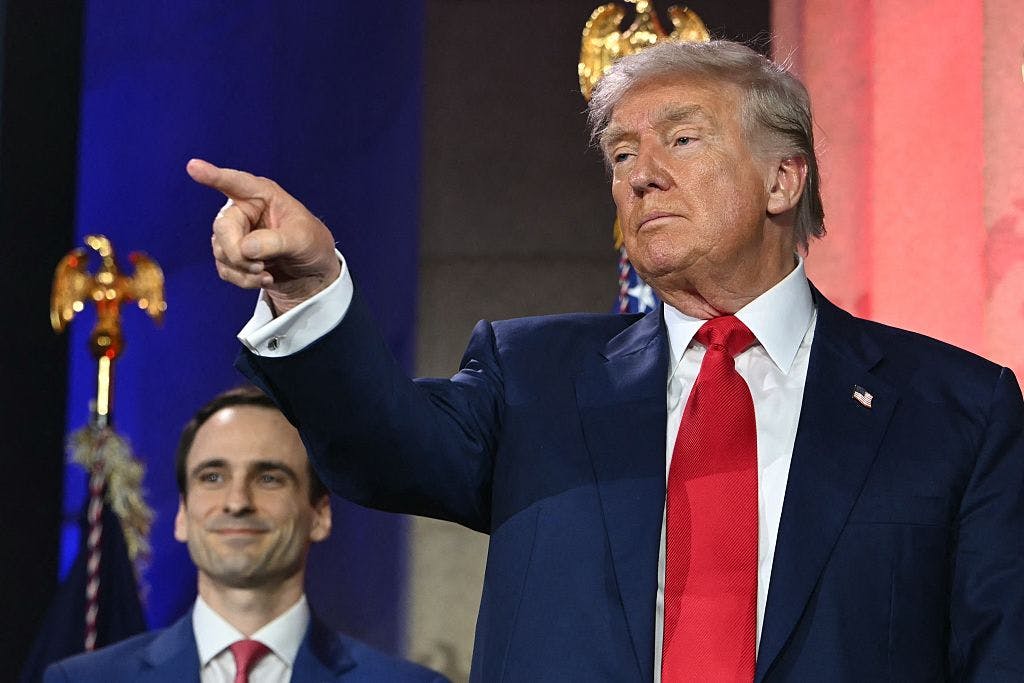Trump, Vance challenge limits of judicial authority, sparking separation-of-powers debate
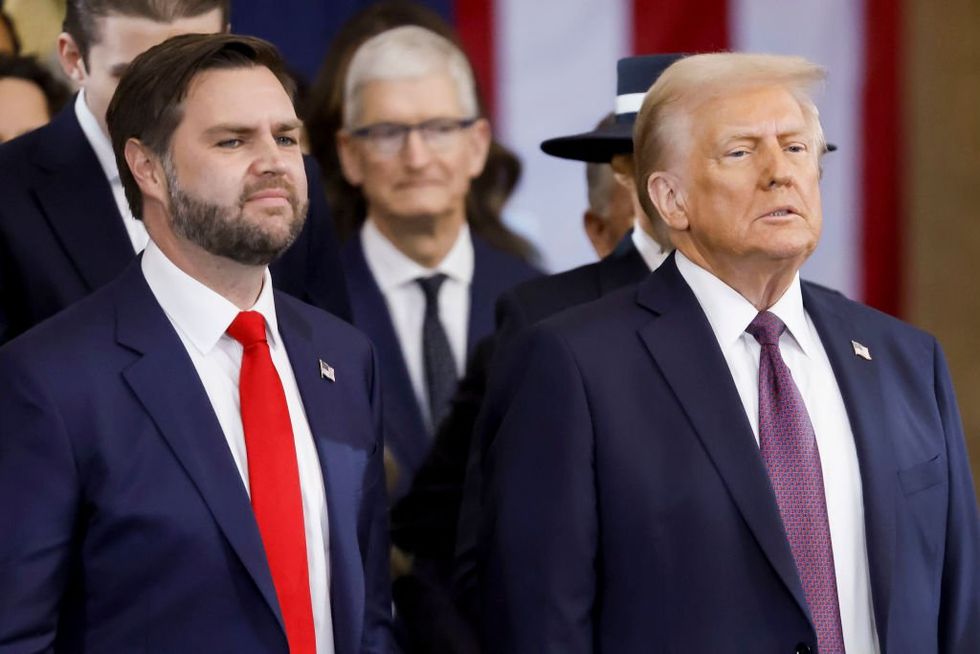

President Donald Trump and Vice President JD Vance seem to be gearing up for a battle about the separation of powers after weighing in on whether the federal judiciary should be able to curtail executive authority.
Early Saturday morning, U.S. District Judge Paul Engelmayer issued a ruling that temporarily blocks Elon Musk and the Department of Government Efficiency from gaining access to the payment system of the Treasury Department, which is under the purview of the executive branch. The judge also ordered anyone outside the Treasury Department who has already gained access to the system to destroy all downloaded information.
Musk and DOGE have attempted to audit the agency to uncover possible fraud, waste, and other inefficiencies.
Engelmayer's ruling is set to expire on Friday, when a hearing will be held before a federal judge in New York, who will consider the issue on a more permanent basis. The case was brought by 19 state attorneys general — all Democrats — who argued that Musk and DOGE should not have access to sensitive data within the payment system.
Engelmayer agreed. "The Court’s firm assessment is that, for the reasons stated by the States, they will face irreparable harm in the absence of injunctive relief," he wrote.
"That is both because of the risk that the new policy presents of the disclosure of sensitive and confidential information and the heightened risk that the systems in question will be more vulnerable than before to hacking."
'The chief justice has made his ruling. Now let him enforce it.'
Deputy White House chief of staff Stephen Miller countered on Fox News that hindering executive control over executive agencies has allowed the deep state to flourish with no accountability:
What we continue to see here is the idea that rogue bureaucrats who are elected by no one, who answer to no one, who have lifetime tenure jobs, who we would be told can never be fired, which, of course, is not true, that the power has been cemented and accumulated for years, whether it be with the Treasury bureaucrats or the FBI bureaucrats or the CIA bureaucrats or the USAID bureaucrats, with this unelected shadow force that is running our government and running our country.
Federal judges routinely blocked elements of Trump's agenda during his first term. From the travel ban to pushing back against sanctuary cities to border wall funding, federal judges, often at the district level, stymied the efforts of the president of the United States to fulfill his campaign promises.
On his way to the Super Bowl on Sunday, Trump suggested federal judges should not have the authority to block a democratically elected POTUS. "No judge should frankly be allowed to make that kind of a decision," he told reporters aboard Air Force One.
"We’re very disappointed with the judges that would make such a ruling, but we have a long way to go."
Vance also weighed in on the limits of judicial oversight on Sunday, likely in response to Engelmayer's ruling. Vance claimed that federal judges should not have the ability to prevent the president from exercising "legitimate" control over executive agencies.
"If a judge tried to tell a general how to conduct a military operation, that would be illegal. If a judge tried to command the attorney general in how to use her discretion as a prosecutor, that's also illegal. Judges aren't allowed to control the executive's legitimate power," he wrote.
— (@)
Vance also retweeted Harvard Law Professor Adrian Vermeule, who likewise argued that such judicial blocks ran afoul of the established separation of powers: "Judicial interference with legitimate acts of state, especially the internal functioning of a co-equal branch, is a violation of the separation of powers."
Republicans in Congress have also stood behind President Trump, defending executive authority in the face of apparent judicial overreach. Sen. Tom Cotton (R-Ark.) called Engelmayer's decision "outrageous," claiming it was not based on legal precedent and yet would still have the effect of impeding the work of the secretary of the treasury.
Though the Constitution empowers a president to nominate members of his Cabinet, those nominees must first be approved by the Senate before they can take office. So judicial interference in the actions of a president's Cabinet has separation-of-powers implications regarding the legislative branch as well.
Rep. Jim Jordan (R-Ohio) indicated that a showdown about the reach of judicial authority was imminent. "I assume we will argue this out in court, like the other 17 or 18 decisions we have seen in the last several days. That all is going to get argued out in court. And, frankly, we knew the left, we knew the Democrats were going to do this," he said Sunday on CNN.
X has also been flooded with recollections of President Andrew Jackson, a proto Democrat who famously engaged in a standoff with the federal judiciary. After the Supreme Court ruled on a case related to Native American sovereignty rights in 1832, Jackson allegedly quipped, "The chief justice has made his ruling. Now let him enforce it."
With Jackson's quote as a backdrop, Sen. Adam Schiff (D-Calif.) seemingly warned Vance not to ignore the courts, even as he stopped short of claiming that doing so would be illegal.
"JD, we both went to law school. But we don’t have to be lawyers to know that ignoring court decisions we don’t like puts us on a dangerous path to lawlessness. We just have to swear an oath [to] the constitution. And mean it," he said.
The Democratic Biden-Harris administration infamously ignored SCOTUS' rulings regarding student loan forgiveness.
Like Blaze News? Bypass the censors, sign up for our newsletters, and get stories like this direct to your inbox. Sign up here!
Originally Published at Daily Wire, Daily Signal, or The Blaze
What's Your Reaction?
 Like
0
Like
0
 Dislike
0
Dislike
0
 Love
0
Love
0
 Funny
0
Funny
0
 Angry
0
Angry
0
 Sad
0
Sad
0
 Wow
0
Wow
0


